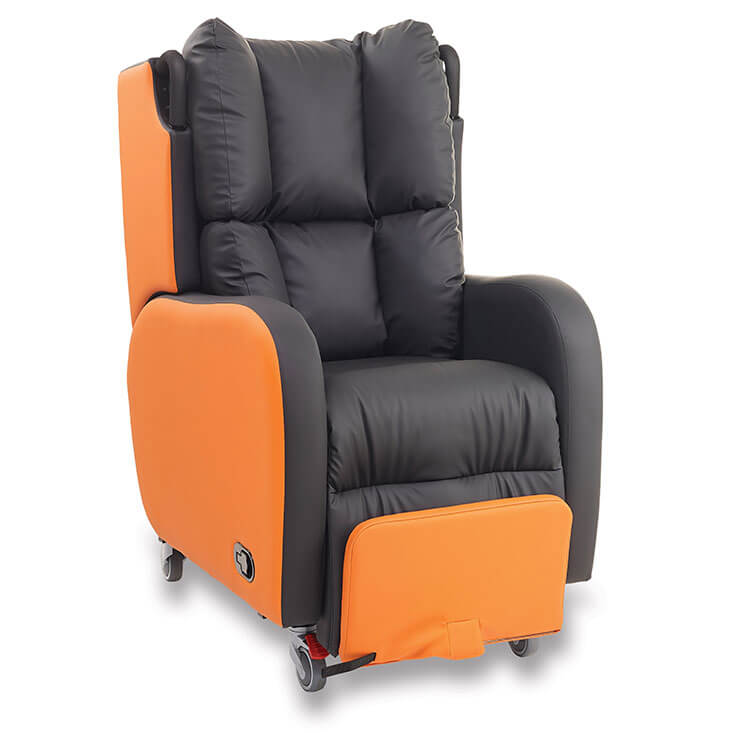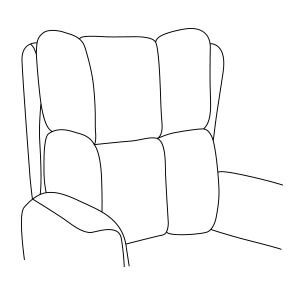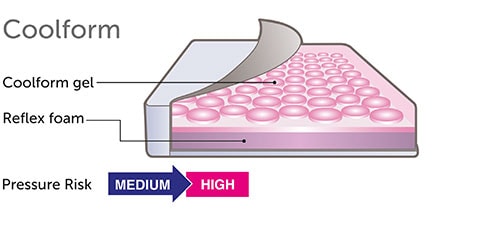Person
Colin1 is a 72-year-old gentleman with Parkinson’s Disease. His symptoms include significant bilateral upper limb tremors, muscular rigidity, insomnia, visual and auditory hallucinations and urinary incontinence.
Colin’s verbal communication is affected and although he has some insight presents with short-term memory and immediate recall problems.
This has led to Colin suffering with depression and a withdrawal from social activities.
He has been hoisted for some time and is unable to weight bear or consistently push through his feet to support positional change. He is also currently transported in a wheelchair around the care home and hoisted into a reclining armchair within the homes main social area.
[1] Name used for illustration purposes
Environment
Colin lives in nursing care, predominantly due to his urinary incontinence, feeding needs and skin monitoring.
There are ceiling track hoist systems throughout the home as well as mobile hoists if required. Corridors and doorways are wide to support movement of residents with a variety of mobility needs.
Occupation
Colin requires support with all his care needs and lacks the motivation to engage in elements of tasks he may be able to control independently with some adaptation or compensation.
He accesses the shower in his en-suite bathroom every day using a ceiling track hoist system and tilt-in-space shower chair.
Outcome – Clinical Reasoning

Boston porter chair with electronic control
The Boston design specifically meets Colin’s needs. The Tilt-in-Space system will enable Colin’s pressure to be redistributed easily and effectively throughout the day, but it is the flexibility of positional change with the Boston that makes it perfect for Colin. As the backrest and leg-rest can be moved independently it allows care staff to create any number of safe and comfortable positions which can be used to further reduce risks of pressure damage, but also facilitate engagement in activity. The Tilt in Space maintains the angles of Colin’s body during movement reducing the risks of shear and friction significantly.
This flexible movement has a big impact on moving and handling too with carers able to gain better access for sling application/removal and reduced number of manual handling procedures. The reduction of hoisting is as a result of the portering element meaning there is no need to transport Colin in a wheelchair and then transfer him to a seat as well as eliminating the need to hoist for positional change due to flexibility of the Boston’s backrest, leg-rest and tilt mechanisms.
The electronic model was recommended so that care staff can alter Colin’s position with no physical effort. The in-built mains free battery system also allows for a wider usage as it can be positioned away from electrical points and still allow positional movements to be carried out.

Back Cushion - Double comfort lateral
As Colin will be sitting in the chair for long periods and is incontinent of urine his risks of developing pressure damage are high. The Airform cushion was considered but was not felt suitable due to Colin’s fluctuating core stability. The Coolform seat cushion incorporates a gel which encourages air flow across the skin and redistributes heat therefore impacting on one of the major causes of skin deterioration.

Seat Cushion - Coolform
As Colin will be sitting in the chair for long periods and is incontinent of urine his risks of developing pressure damage are high. The Airform cushion was considered but was not felt suitable due to Colin’s fluctuating core stability. The Coolform seat cushion incorporates a gel which encourages air flow across the skin and redistributes heat therefore impacting on one of the major causes of skin deterioration.

Fabric
As Colin will be sitting in the chair for long periods and is incontinent of urine his risks of developing pressure damage are high. The airform cushion was considered but was not felt suitable due to Colin’s fluctuating core stability. The Coolform seat cushion incorporates a gel which encourages air flow across the skin and redistributes heat therefore impacting on one of the major causes of skin deterioration.
